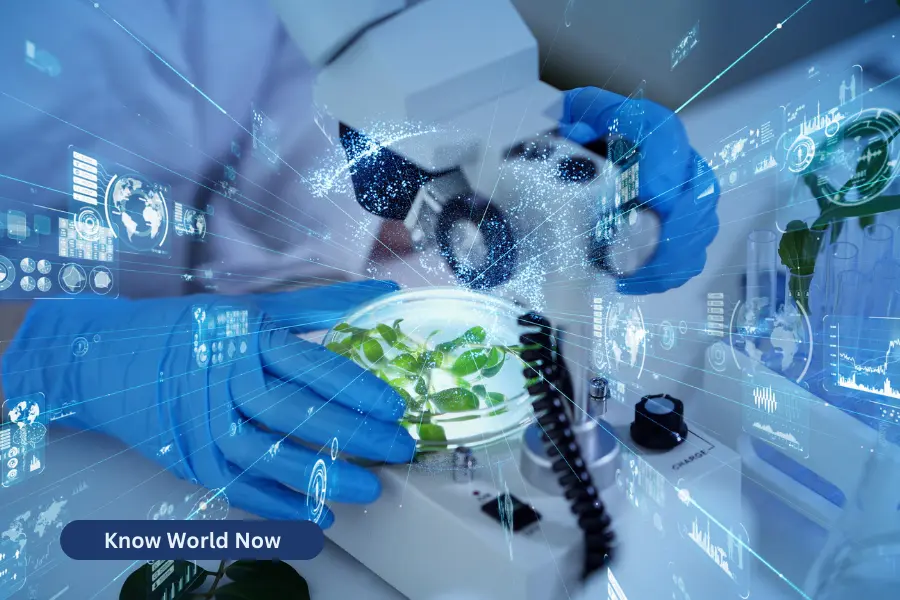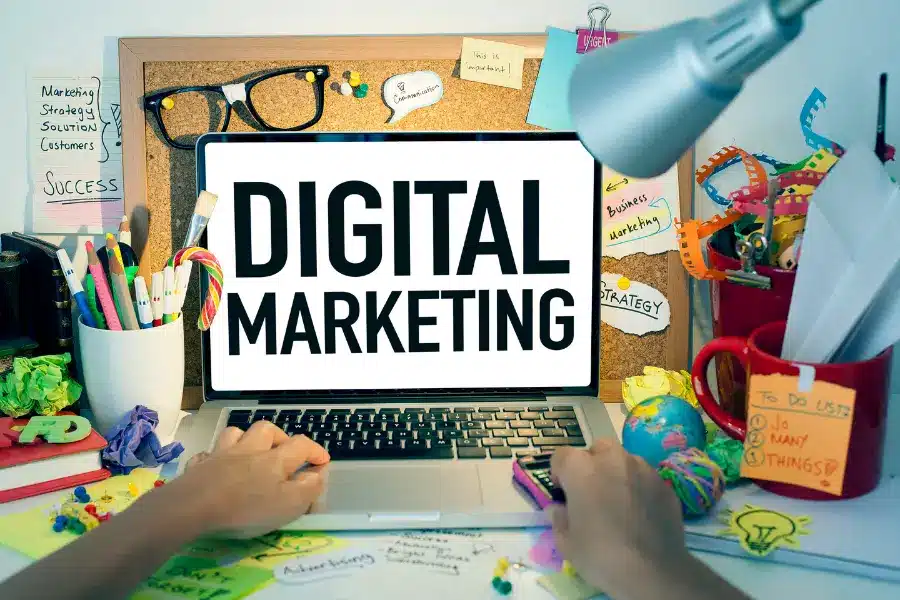Discover all the recent biotechnology applications and their emphasis on human life.
The world would’ve been in shambles if there were still no cure for COVID-19. That’s why biotechnology applications mastered the art of manipulating living organisms to serve human needs.
Apart from producing more effective vaccines, biotechnology simultaneously finessed in other fields of agriculture and the environment. Selective breeding was pretty much prevalent during earlier times. However, this has been made more modern with new miracles like DNA cloning and the implementation of biofuels.
Other biotechnology applications have been aided by the continuous evolution of technology. This significantly assisted the development of the recent trends in this field.
Now to discuss more contemporary innovations, we’ve gathered information about the recent applications of biotechnology. So stay tuned!
All the Recent biotechnology applications
From as simple as making cheese to gene therapy – biotechnology has come a long way. Some recent applications include:
Tissue Engineering
Tissues are cultured outside the body to boost its abilities in terms of restoring or replacing impaired tissues. It leads to the generation of tissue grafts for wound-healing purposes. The engineered products are mostly delivered as artificial skin for burn victims or kidney patients.
Tissue engineering involves the manipulation of embryonic stem cells to transform them into any other required cell. Adult stem cells from fat tissues can also be remodeled into tough bones or cartilage.
This method involves scaffolds which are considered the pillars for the development of these stem cells. Other bioactive molecules act as growth factors that determine how the cell is supposed to develop.
Generally, tissue engineering is used for research purposes in studying tissue development or emerging diseases. But they’re also used in surgeries to fix faulty vessels. Recently, tissue engineering is mostly implemented in facial reconstructive surgeries.
Personalized Medicine using AI
Personalized medication took the world by storm with their flexibility. These medicines are critically designed based on a person’s medical history. This is important for rare cases i.e. Alzheimer’s patients are prescribed with unique medications for treating any arising threats.
Now artificial intelligence is crucial for mitigating any doubts while collecting the data. A massive amount of information is required to be precisely stored which can only be possible using AI. This can also be manipulated to identify patients with higher risks based on their symptoms.
AI chips can be implanted in the patient to observe epilepsy. It’s a rare condition that can’t be properly cured using only drugs. That’s why these AI tools assist in identifying the patient’s internal activities to help in tailoring personalized medicines for them.
Nowadays, mRNA-based vaccines are designed by AI for cancer patients based on their unique conditions.
Synthetic Biology
Living organisms are genetically revised by inputting certain traits when it comes to synthetic biology. The end products involve programmable cells for overcoming cancer or greener fuels for reducing threats to the environment.
Here the microbes are dismantled and rearranged to achieve artificial characteristics irrespective of their actual traits. Genome editing is mainly involved here as the genes from these microorganisms are modified or replaced by new genes.
Synthetic biology is used in modifying microorganisms to remove residual waste from water and air in bioremediation.
Safer vaccines are also created by making the viruses attenuated. The emulsion produced then helps in injecting medications to patients more effectively.
This field can be used to replicate plant bio-products that are close to becoming extinct. Some plants like Rhodiola are used for mood improvement. So by using synthetic biology, the medications made from the plant can be artificially manufactured.
Some recent synthetic biological innovation is the CRISPR-Cas9 gene editing tool.
Bovine Breeding
Cattle breeding has been stimulated by biotechnology for years. Selective breeding is pretty common in terms of boosting the production of better-quality meat and milk.
Over the years, artificial insemination was also involved in reducing the spread of any kind of genetic disorders. Other than that, a more customized variety of bovine animals could also emerge due to this technique.
But recently, the reproductive hormones needed in cow breeding have been generated from themselves. Follicle-stimulating hormone assists in bovine breeding. However, they are mainly received from swine.
This can be threatening as transferring hormones from one animal species to another often results in the transmission of diseases. So FSH which are now made from the cows themselves are said to work better in terms of increasing ovulation with minimal risks.
Biodegradable Plastics
Normal plastic not only pollutes the environment but also poses threats to animals both on land and at sea. Animals often choke into them causing severe life threats.
Therefore to solve this problem, biodegradable plastics are formulated which are decomposed with the help of natural microorganisms. So no by-product is formed that damages the ecosystem.
These plastics are usually made from renewable materials like orange peels or other microorganisms. Amongst them, bioplastics are made from starch while biodegradable plastics are formed from slightly modifying the available petrochemicals.
Moreover, these plastics are also recyclable. So it clearly means they don’t pose any environmental pollution as they’re also not toxic.
Lately, PHA plastics are being generated from microbial fermentation. Other than that, e-coli is also involved in synthesizing any remaining risks that may arise from these PHA copolymers.
Bottom Line
From healing us and our environment, biotechnology has taken a vow to serve human needs. Now you know all the ins and outs of the recent applications of biotechnology.
In short, biotechnology treats mankind with its versatile applications across all fields. Tissue engineering is highly applied for would treatments. Precision medications have been made more precise thanks to the dexterity of artificial intelligence.
Again, synthetic biology remodels living organisms to achieve new characteristics. Not only that, bovine breeding has been made much easier by producing their own hormones. Finally, biodegradable plastics save our environment with their greener mechanisms.
Recent applications of biotechnology have elevated our living conditions. So there’s no debate that biotechnology is the savior of human beings.




![F95Zone Games - The Ultimate Guide for 2021 [F95Z Guide] 5 F95Zone Games](https://knowworldnow.com/wp-content/uploads/2021/07/ArTtW5LrK3b-z-0-y-637f48d86203817a9042a857.webp)